|
|
|
Dr. Ami Wangeline
Biology Faculty
Laramie County Community College, Cheyenne, Wyoming
Ph.D. Botany, Colorado State University, Fort Collins, Colorado
M.S. Agronomy, University of Wyoming, Laramie, Wyoming
B.A. Biology, Ripon College. Ripon, Wisconsin
https://www.lccc.wy.edu/directory/amiwangeline.aspx
Dr. Ami Wangeline is Biology Faculty at Laramie County Community College in Cheyenne, Wyoming where she has taught introductory biology and botany since 2008. Teaching at a community college provides a breadth of lifelong learning on all topics biology in the classroom. Dr. Wangeline conveys her passion on fungal and plant physiology as a subject and prioritizes the success of her students both in science and in life. Beyond introductory coursework, Dr. Wangeline runs an undergraduate research program funded through WY INBRE (National Institutes of Health) focused on various subjects surrounding the evolution of selenium hyperaccumulation in fungi.
|
| |
|
|
|
Dr. Harlan Svoboda
Herbarium Curator
U.S. National Arboretum, USDA
Ph.D. Plant Biology, Ohio University
B.S. Biology, Stephen F. Austin State University
@htsvoboda
https://usna.usda.gov/science/u.s-national-arboretum-herbarium/
Dr. Svoboda is the Curator of the U.S. National Arboretum Herbarium collections and a plant taxonomist. As a collections professional he manages the herbaria to ensure preservation of and access to the specimens, as well as growth of the herbaria both physically and digitally. He also engages in systematic research (mostly Passiflora), collecting expeditions, and plant identification for stakeholders across the USDA.
|
| |
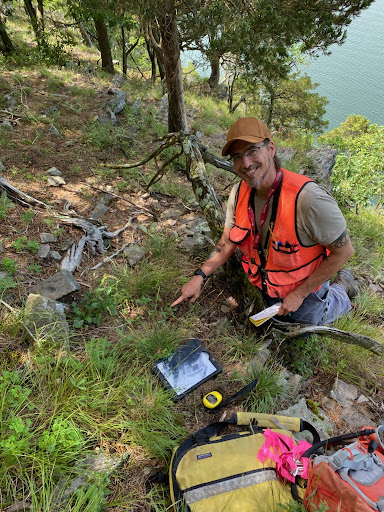 |
|
Dr. Scott Schuette
Botany Program Manager, Pennsylvania Natural Heritage Program
Western Pennsylvania Conservancy
Ph.D. Plant Biology, Southern Illinois University, Carbondale
M.Sc. Plant Biology, Southern Illinois University, Carbondale
B.A. Plant Biology, Southern Illinois University, Carbondale
@mossman2000
Scott is the botany program manager for the Western Pennsylvania Conservancy and Pennsylvania Natural Heritage Program. Dr. Schuette currently supervises four botanists and is responsible for coordinating efforts to inventory and monitor rare, threatened, and endangered plant species in Pennsylvania. He is also the state bryologist actively documenting the distributions and rarity for the state’s nearly 500 bryophyte species. Dr. Schuette is leading the bryophyte conservation working group at NatureServe, the authoritative source of biodiversity data throughout North America.
|
| |
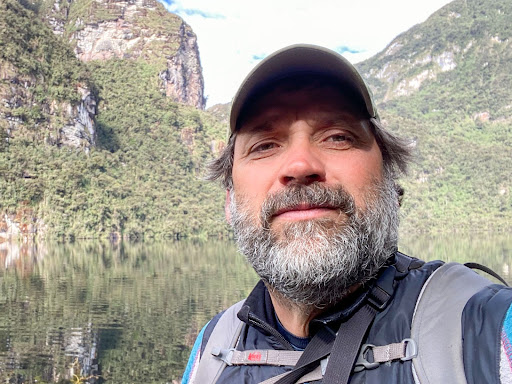 |
|
Dr. Fabian Michelangeli
Abess Curator of Tropical Botany, Institute of Systematic Botany
New York Botanical Garden
Postdoc, American Museum of Natural History
Ph.D. Cornell University
B.S. Biology, Universidad Central de Venezuela, Caracas
@pedoconnective
https://www.nybg.org/person/fabian-michelangeli/
http://sweetgum.nybg.org/melastomataceae
Fabián Michelangeli research focuses on systematics, taxonomy and evolution of neotropical Angiosperms, particularly the Melastomataceae. He is also interested in the evolution of animal-plant interactions and their role in plant tropical diversity.
|
| |
|
|
|
Dr. Amelia Merced
Botanist
USDA-FS International Institute of Tropical Forestry
Ph.D. Southern Illinois University, Carbondale, Illinois
M.S. University of Puerto Rico, Mayaguez Puerto Rico
B.S. University of Puerto Rico, Mayaguez Puerto Rico
@AmeliaMerced
https://ameliamerced.weebly.com/
Dr. Amelia Merced is a botanist interested in evolution, ecology, and conservation of bryophytes. Although trained as a plant anatomist and microscopist, she currently conducts field studies and works with the bryophyte collection at the herbarium of the University of Puerto Rico, Río Piedras. She is interested in the diversity and distribution of bryophytes in Puerto Rico and how they respond to anthropogenic and non-anthropogenic disturbances. An integral part of her work is to communicate science to the community.
|
| |
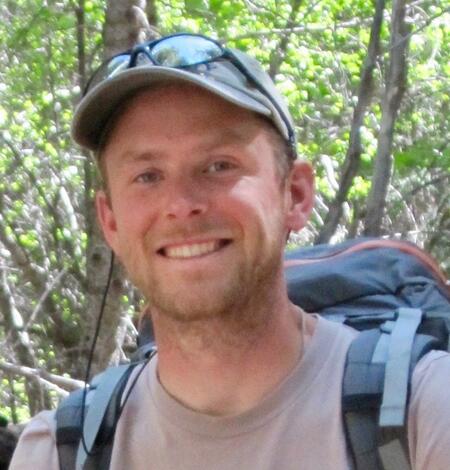 |
|
Dr. Rob Massatti
Research Ecologist
U.S. Geological Survey Southwest Biological Science Center
Ph.D. University of Michigan
M.S. University of Wyoming
B.S. University of Wisconsin
https://www.usgs.gov/staff-profiles/rob-massatti
https://www.usgs.gov/sbsc/gwrc
Rob Massatti is a Research Ecologist at the U.S. Geological Survey Southwest Biological Science Center in Flagstaff, Arizona. Since 2016, he has been leading the Genetics for Western Restoration and Conservation research program, which aims to provide science in support of management activities across the western United States. Dr. Massatti is particularly interested in investigating species' histories and adaptations using genomic analyses coupled with field-based experiments.
|
| |
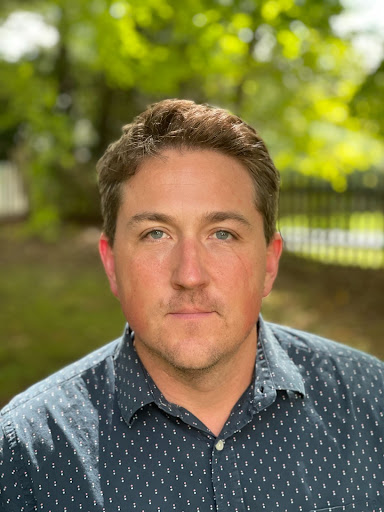 |
|
Wesley Knapp
Chief Botanist
NatureServe
Current Ph.D. student, UNC Chapel Hill
M.S. Delaware State University
B.S. Catawba College, North Carolina
@wmknapp
www.Wesley-Knapp.com and www.NatureServe.org
Wesley Knapp is the Chief Botanist for NatureServe, a conservation nonprofit providing the authoritative source for biodiversity data on species and ecosystems throughout North America. Wes is an expert in numerous fields including plant identification, taxonomy, systematics, and extinct species. Wes’s current research focus on identifying and preventing plant extinction events and describing undescribed species. Wes has extensive field experience in his previous positions as a field botanist with the Maryland and North Carolina Natural Heritage Programs. Wes is currently a PhD student in Alan Weakley’s lab at UNC-Chapel Hill.
|
| |
 |
|
Dr. Tamir Klein
Principal Investigator
Weizmann Institute of Science, Israel
Postdoc, University of Basel, Switzerland
Ph.D. Weizmann Institute of Science, Israel
M.Sc. Weizmann Institute of Science, Israel
https://www.weizmann.ac.il/plants/klein/
Dr. Tamir Klein of the Weizmann Institute of Science (Israel; MSc 2005; PhD 2012; postdoc at University of Basel, Switzerland 2013-2015) is a tree physiologist and a forest ecologist. Research in his lab focuses on new frontiers in tree carbon and water transport in the Anthropocene, a time of increased carbon availability (elevated CO2), but decreased water due to drought and warming. Recent discoveries include the identification of tree-tree carbon transfer across forest mycorrhizal networks and the characterization of tree xylem embolism dynamics in the field.
|
| |
 |
|
Dr. Ingrid Jordon-Thaden
Greenhouse and Garden Director
University of Wisconsin-Madison
Ph.D. Biology, University of Heidelberg, Heidelberg Institute for Plant Science (HIP), Germany
M.Sc. Biology, University of Nebraska-Lincoln (UNL)
B.Sc. Chemistry, Horticultural Science, University of Nebraska-Lincoln (UNL)
@IThaden
https://jordonthadenbotany.weebly.com/
https://jordonthaden.botany.wisc.edu/
Dr. Ingrid Jordon-Thanden is directing a a team that cares for a living collection of plants for teaching in the Department of Botany at the University of Wisconsin Madison. As Director of the Botany Garden and Greenhouse she helps provide the live plants for many courses, gives tours, and ensures it continues to be a prominent botanical education facility on campus and in southern Wisconsin. She is currently teaching botany for non majors at University of Wisconsin Madison and is a Research Associate of the Florida Museum of Natural History. Her research aims to explore questions regarding speciation processes and adaptations in plant species at the nexus between population genomics and phylogenetics. In particular, she is fascinated with the myriad of modifications during gametophytogenesis in plants and how that affects the survival and adaptation of a species. Ingrid is also currently serving as the Secretary of ASPT.
|
| |
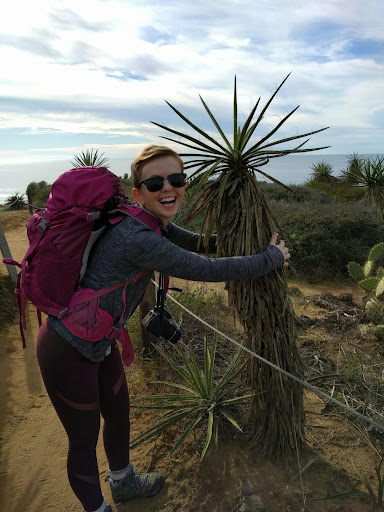 |
|
Dr. Karolina Heyduk
Assistant Professor
University of Connecticut
Ph.D., Plant Biology, University of Georgia
B.S., Economics, University of Wisconsin Madison
@kheyduk
www.kheyduk.net/
Karolina studies how plants have evolved adaptations to cope with abiotic stress, with a particular emphasis on understanding the evolution of CAM photosynthesis. Her research integrates plant physiology, genomics, and phylogenetics and focuses mostly on members of the Agavoideae (including agaves and yuccas). She is also Director of the George Safford Torrey herbarium at UConn.
|
| |
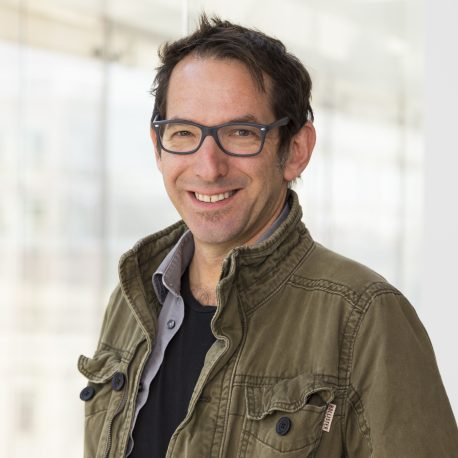 |
|
Dr. Robert Guralnick
Curator of biodiversity informatics; Faculty
Florida Museum of Natural History
Ph.D. UC Berkeley, California
B.S. UC Berkeley, California
@robgural
My career path is so twisty -- a psychology major at Berkeley, I shifted gears between undergrad and graduate work into paleontology and biology, and ended up focusing much of my work on comparative approaches in evolution, development and function. After moving to Boulder as an Assistant and Associate Professor and Curator in the EBIO department and CU Museum, I ended up shifting my program more and more towards two other areas: biodiversity informatics and community science. To be honest, my interests in plants and plant-insect questions are more recent, catalyzed by working with great collaborators and recognizing the fundamental awesomeness of plant biology and botany!
|
| |
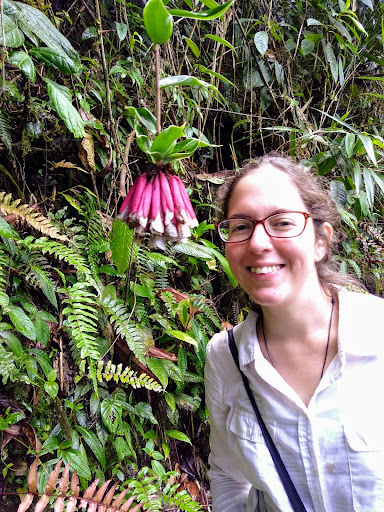 |
|
Dr. Diana Gamba
Postdoctoral Scholar
Pennsylvania State University
Ph.D. Biology, University of Missouri–St. Louis.
M.S. Biology, San Francisco State University
B.S. Biology, Universidad del Valle (Cali, Colombia)
@DianaGamba
https://dianagamba.weebly.com/
Diana has a general interest in elucidating the mechanisms that contribute to the origin and maintenance of biodiversity in plants, and that underlie their distribution patterns at local, regional, and global scales. Her PhD research included population genomics of several Andean plants and using existing data to examine ecological drivers of global patterns of genetic structuring across seed plants. Currently, she investigates the genomic and phenotypic basis of local adaptation to high elevation in Arabidopsis thaliana, and of the biological invasion of Bromus tectorum in North America.
|
| |
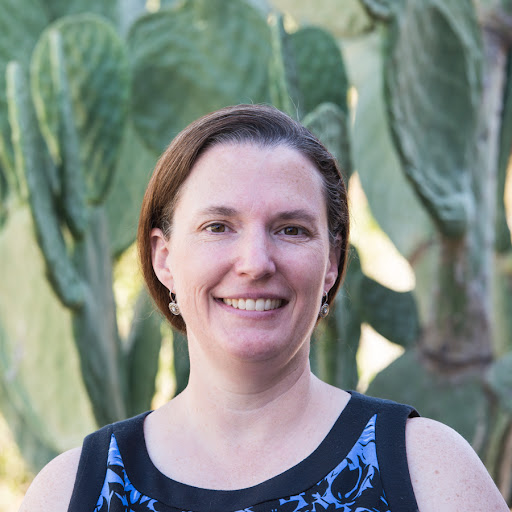 |
|
Dr. Shannon Fehlberg
Conservation Biologist,
Desert Botanical Garden
Ph.D. Ecology and Evolution, University of Colorado, Boulder
M.S. Biology, University of Colorado, Denver
B.S. Biology, Colorado Christian University
@sdfehlberg
https://dbg.org/research-conservation-staff/shannon-fehlberg/
Dr. Shannon Fehlberg works as the Conservation Biologist at the Desert Botanical Garden in Phoenix, Arizona. Her research uses phylogenetic and population genetic approaches, along with other data, to understand the evolution of rare plants and their closest relatives. She is particularly interested in resolving relationships among closely related species and understanding the influences of genome duplication (polyploidy), hybridization, geography, and ecology on species diversification. Recently, her work has focused on members of the cactus family, including several species complexes in the hedgehog genus, Echinocereus. Shannon is currently serving as a rotating program officer in the Systematics and Biodiversity Science Cluster at the National Science Foundation, an incredibly enriching and rewarding experience!
|
| |
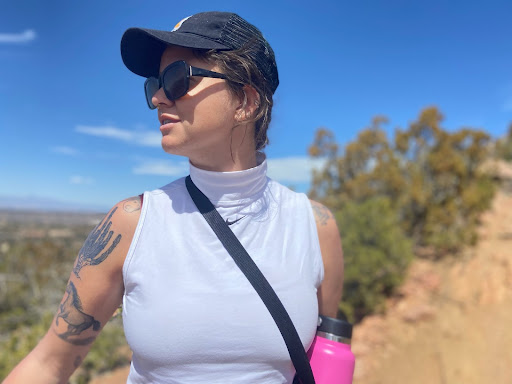 |
|
Harpo Faust
Collections Manager
University of New Mexico Herbarium, Museum of Southwestern Biology
M.S. Botany, University of Idaho
B.A. Environmental Studies & Education, University of California, Santa Cruz
@softcorebotany
https://harpofaust.wordpress.com/bio/
Harpo Faust is currently the Collections Manager at the University of New Mexico Herbarium, housed within the Museum of Southwestern Biology. Previously, Harpo worked as an independent botanist within the southwest. Harpo is passionate about floristics, having written a flora of a mountain range in the high northern Rockies for her masters. She loves collecting plants and working in collections. Harpo hopes to continue to work filling collection holes, botanizing throughout the southwest, and uplifting other queers in botany.
|
| |
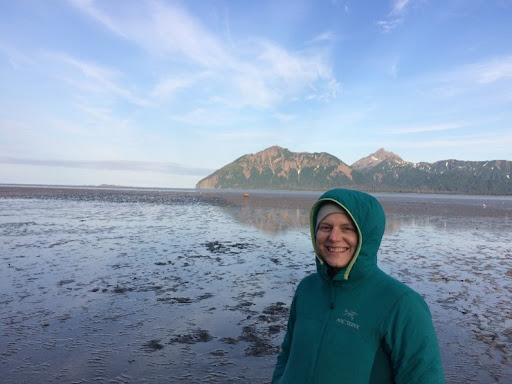 |
|
Ann Erickson
Botany, Forestry, Range Programs Lead
Bureau of Land Management
M.S. Botany, University of Illinois, Urbana-Champaign
B.S. Forestry, University of Illinois, Urbana-Champaign
@BLMAlaska
https://www.blm.gov/alaska
Ann works as a Botany, Forestry andRange Programs Lead for the Bureau of Land Management (BLM) in Anchorage, AK. She oversees budget, policy, and technical guidance for these programs in BLM Alaska. Previously, she worked as Marine Mammal Specialist for NOAA Fisheries in Alaska Region, Anchorage, AK. As part of that work she completed ESA Section 7 Consultations for projects in marine waters. She also worked as an Environmental Consultant, Wetland Scientist and Senior Project Scientist, Anchorage, where she performed wetlands permitting as well as botanical and invasive species inventories for oil, gas and transportation projects.
|
| |
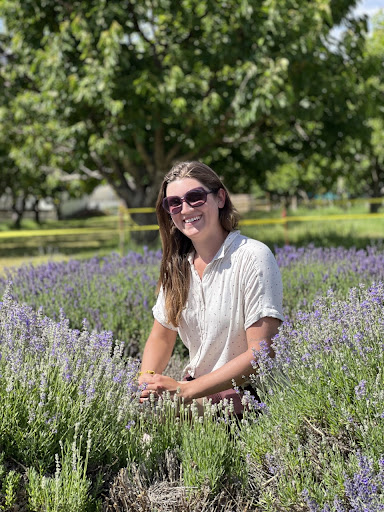 |
|
Shealyn Elstein
Horticulturist
Denver Botanic Gardens - Chatfield Farms
B.S. Environmental Science and Forest Ecology, North Carolina State University
As a Horticulturist, Shealyn is responsible for combining science and art while managing both living collections and ornamental gardens at Denver Botanic Gardens Chatfield Farms. Chatfield Farms is 700 acres of curated land which includes: ornamental and demonstration gardens, living plant collections, biodiversity field research, a horticultural trial garden, ecological restoration projects, and a working farm. Shealyn is responsible for incorporating on-going horticultural and plant research into designed landscapes, educational classes, and community partnerships to connect people with plants and inspire environmental stewardship.
|
| |
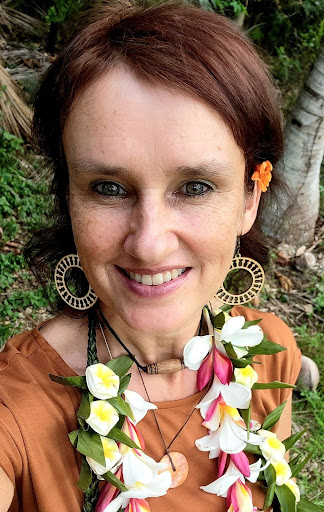 |
|
Dr. Else Demeulenaere
Associate Director Center for Island Sustainability
University of Guam
Ph.D. Biogeography, Ethnobotany, and Policy: Interdisciplinary Studies, Alaska, United States
M.Sc. Botany, Ecology, Ghent University, Belgium
B.Sc. Biology, Ghent University, Belgium
https://www.researchgate.net/profile/Else-Demeulenaere
After graduating from the University of Ghent in Belgium Else continued working at the University of Ghent as a research associate for three years. Next, she started working at Belgium's largest NGO for nature conservation, Nature Point for three years as the Chief Manager of Nature Management Planning and Evaluation. She moved to the island of Guam (Pacific Island) in 2006. After taking a break to raise her children she started working at the University of Guam first as the Guam Extinction Prevention Program coordinator and later as the Associate Director of Natural Resources with the University of Guam Center for Island Sustainability and Sea Grant where she currently leads a team of biologists. Her crew works in the fields of restoration ecology, endangered species recovery, ethnobotany, and policy.
|
| |
 |
|
Dr. Andres J. Cortes
Plant Geneticist
Colombian Agricultural Research Corporation (AGROSAVIA), CI La Selva
Ph.D. Uppsala University, Sweden
B.Sc. Hons Biology, Universidad de los Andes, Colombia
M.Sc. Biology, Universidad de los Andes, Colombia
Research Gate
Google Scholars
Dr. Andrés J. Cortés holds an Associate Research position as Geneticist at the Colombian Agricultural Research Corporation (AGROSAVIA), CI La Selva. Dr. Cortés is interested in investigating the genetic adaptive potential in plants and trees of agro-ecological interest using genomic, evolutionary, and ecological tools. In particular, he has explored abiotic stress tolerance and genetic diversity in beans, rootstock-mediated inheritance in avocado and cocoa trees, genetic adaptation to climate change in willow species, and adaptive diversification across various plant lineages at the Páramo.
|
| |
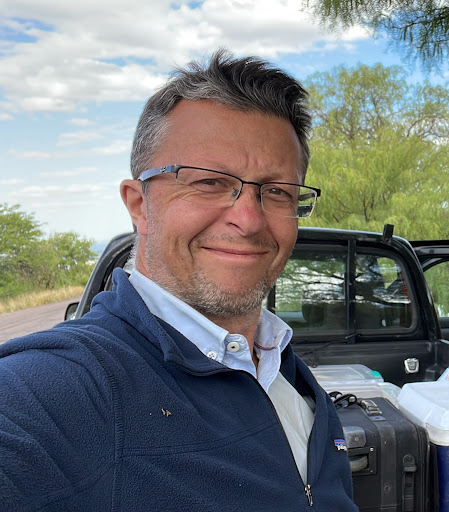 |
|
Dr. Mauricio Bonifacino
Professor
Universidad de la República, Uruguay
Postdoc, Smithsonian Institution, USA
Ph.D. Plant systematics, La Plata University, Argentina
B.S. Agriculture with emphasis in Forestry, UdelaR, Uruguay
http://fagro.edu.uy/~bioveg/mauricio-bonifacino.html
http://www.compositae.org
My research interests focus on systematics of South American Compositae: Astereae, with emphasis on Andean components, based on morphological and molecular data. Additionally I also have a strong interest in floristic work, and I am currently involved on the Flora of Uruguay project, with the treatment of Compositae. I teach general botany, plant biology and plant systematics in Uruguay and tropical plant systematics in Costa Rica.
|
| |
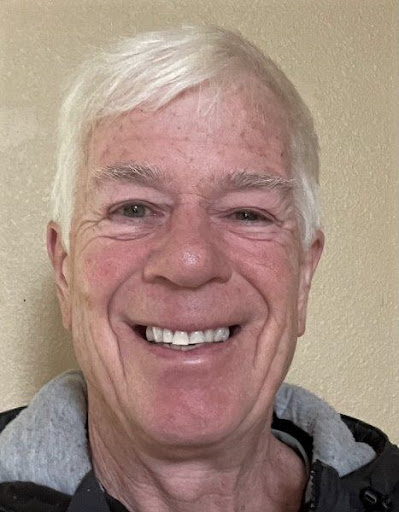 |
|
Patrick Athey
Environmental Consultant
Hemlock Scientific
B.S., M.S. Botany, Arizona State University.S. Environmental Science, Texas Christian University
@AtheyPatrick1
Patrick Athey is a botanist and environmental consultant based in Anchorage, Alaska specializing in wetlands and natural resource development for the past 34 years. He has performed field assessments and documentation for evaluating proposed developments throughout Alaska, including the Arctic and the Aleutians. He has experience assisting clients with a range of federal and state regulatory requirements for land use and developments in Alaska, a state with an abundance of wetlands and other diverse aquatic habitats. He has worked with large, multinational engineering/consulting firms over the years and is self-employed and semi-retired now. |
|

